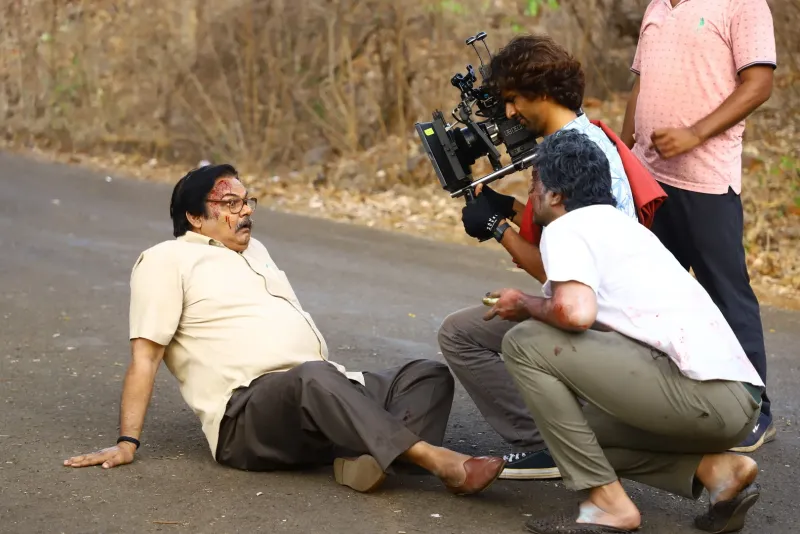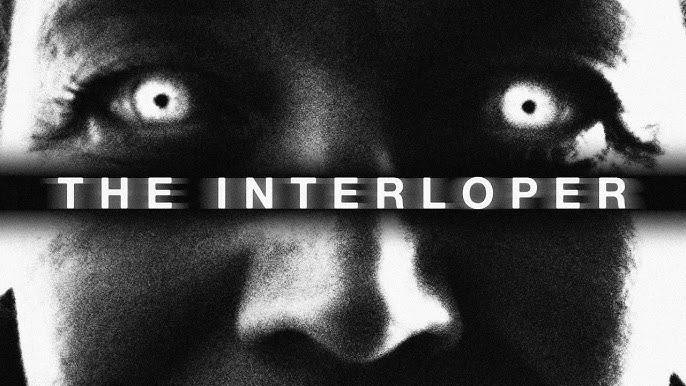Ajay is an Indian American teenager living with his mother and grandmother in the affluent suburbs of West Palo Alto. An aspiring rapper, he attempts to borrow money from his mother to record a track with a Bay Area rap artist. But his mother shuts him down, telling him to be practical and focus on his education. Left with a difficult choice, Ajay steals the money and sneaks out of the house, taking his mother's Tesla to a more rough-and-tumble neighborhood for the recording session. But when things go awry, Ajay faces up to a reality he's been insulated from for the first time. Written and directed with a sharp sense of character and setting by Nikhil Ganesh, this short coming-of-age drama captures how one young man's eyes are opened to the world beyond his own pocket of comfort -- and how hard his immigrant mother has worked to provide for this upbringing. The storytelling is multilayered, with naturalistic yet agile camerawork, photography, and editing that details Ajay's life and character while keeping the pace steady and engaging. But above all, the writing is character-centered, focusing primarily on Ajay's deep desire to be a rapper, as well as his distance from his mother and grandmother's culture. His primary conflict is with his mother, who doesn't understand his dreams of rap artistry and success. The dialogue between the pair will be familiar to many children of immigrant parents, who are bewildered to have sacrificed so much, only to have children throw it all away on something so uncertain and impractical.

The story is sympathetic to Ajay's frustration, but it also has a sharp sense of observation of Ajay's own youthful naivete. Like many kids, he thinks of himself as older and more experienced than how the grown-ups see him. Yet as he goes deeper into a world unlike his own, the audience sees just how innocent and fortunate he has been. Young actor Sohil Shah captures this compelling, volatile mix of confidence and stubbornness, particularly in the scenes with the rapper he's recording with. He bounces around the studio, as if playing out the idea of a rap star to both the annoyance and bemusement of the more experienced rapper producing his song. But that bubble is quickly punctured when the high schooler loses the stolen money to pay for the session, and he finds himself facing a predicament he's not fully equipped to handle. With its textured writing and directing, "Paly" deftly raises questions about class, identity, privilege, culture, and authenticity. It also has the intelligence to let its viewers and main character sit in the complexity of the questions, rather than answer anything outright. Ajay's eyes are opened up to the sheer luck of his childhood -- to an involved and present parent able to provide a stable, secure upbringing, a nice home, and plenty of opportunities to explore his passions. He's also had the first real immersion into a world where such things aren't givens -- and perhaps realizes, for the first time, what a difference they make.



